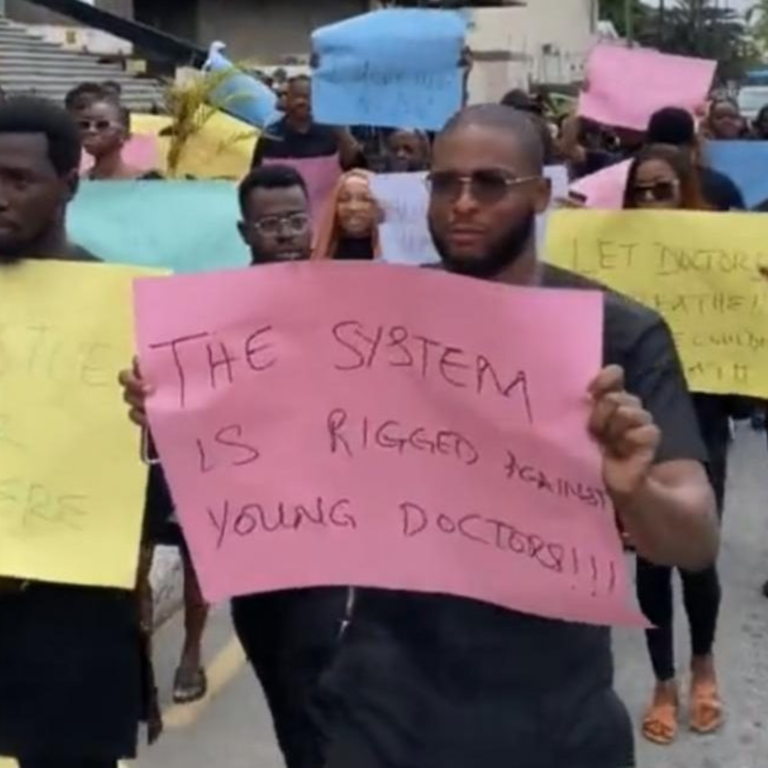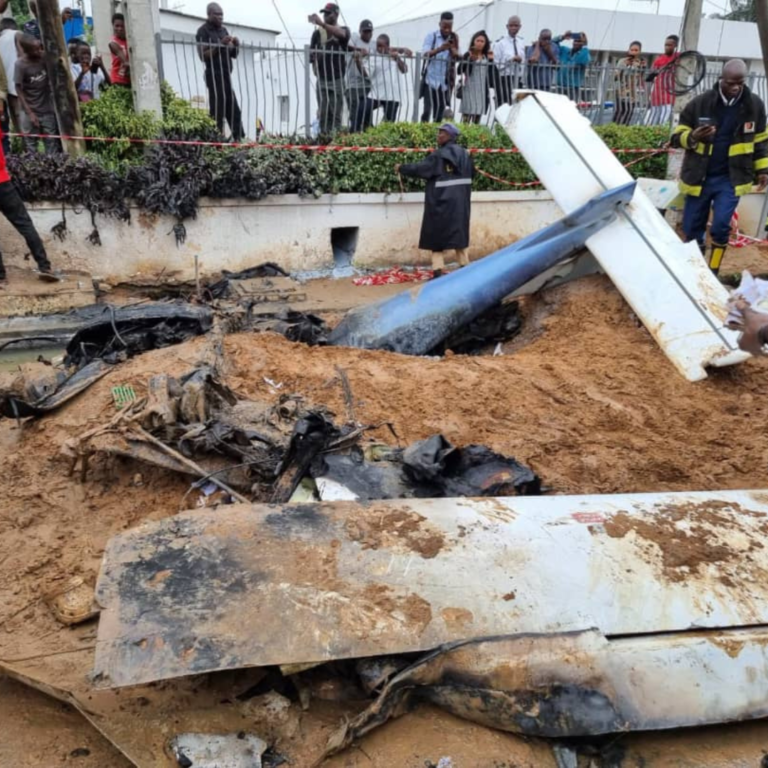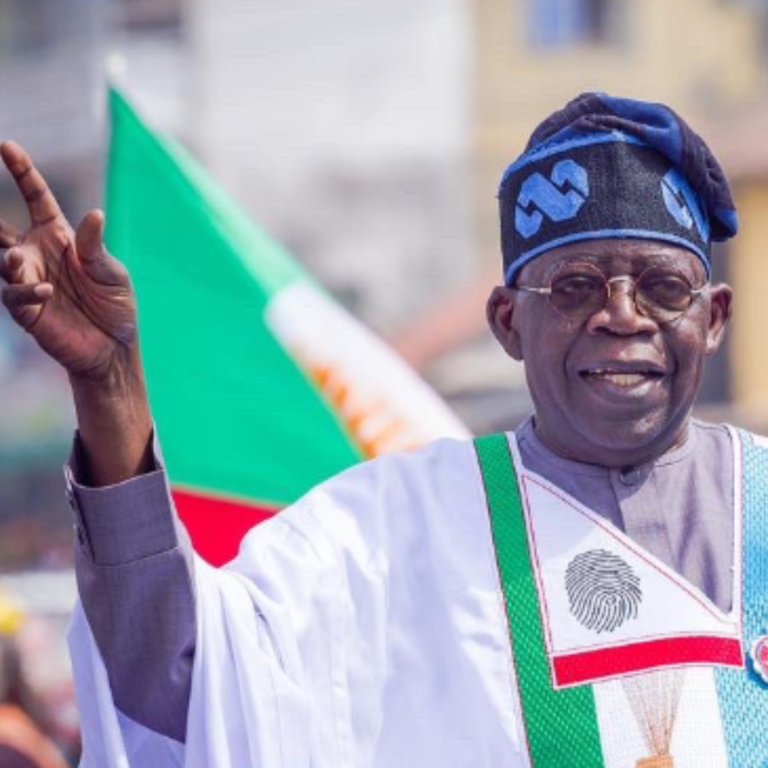For Nigerians, fuel scarcity is not new, which is ironic, as Nigeria is the third-largest producer of crude oil in Africa. We go into every year expecting to experience at least 2-4 weeks of fuel scarcity, but 2022 shocked most of us and taught us to bury what was left of our expectations into the ground.
Reasons for fuel scarcity in 2022
Adulterated fuel
In February 2022, many Nigerians complained about their cars being damaged due to the poor fuel quality sold by filling stations. This was due to the high amount of methanol in recently imported fuel.
The Nigerian National Petroleum Corporation (NNPC) stopped distributing to tackle the problem, which kick-started our fuel woes.
Flooding
Nigeria experienced devastating floods in 2022, which displaced millions of people. It also submerged many cities, including Lokoja, which affected the distribution of petroleum products, primarily to Abuja and other northern states.
Hoarding by independent marketers
In 2022, NNPC reduced its supply of petrol from 103 million litres to 60 million. Their reason was that independent marketers were illegally selling fuel to neighbouring countries. However, this decision by the NNPC resulted in hoarding as many marketers claimed the petrol they got wasn’t sufficient.
Although we said goodbye to 2022, our long battle with fuel scarcity followed us into 2023. The queues at filling stations are getting longer, and the official pump price is starting to look like a suggestion, as fuel is now sold between ₦250 – ₦300. But it seems like things will begin to look up soon.
What’s happened now?
On January 19, 2023, the federal government officially decided to increase fuel prices from ₦167 to ₦185, sending out a memo to all marketers, including the Independent Petroleum Marketers Association of Nigeria (IPMAN) and the Major Oil Marketers Association of Nigeria (MOMAN).
Some marketers have already begun changing their pumps to reflect this price, and hopefully, this will mitigate the problem.
But that’s not all; to also help with the traffic situation the fuel scarcity created, the Lagos state government has put out a timetable for filling stations.
The Commissioner for Transportation Frederic Oladeinde stated that filling stations along major highways will now only be allowed to operate between 9 am to 4 pm daily.
Still, the “solutions” put forward by the government aren’t exactly impressive as Nigerians again have to go through another increase in fuel price despite past campaign promises.
We’re more than three weeks into a new year, but we have the same old problems.
Are you signed up to our Game of Votes newsletter yet? We help you make sense of news jargon and keep you up-to-date especially with election news. Make the subscription of a lifetime here




